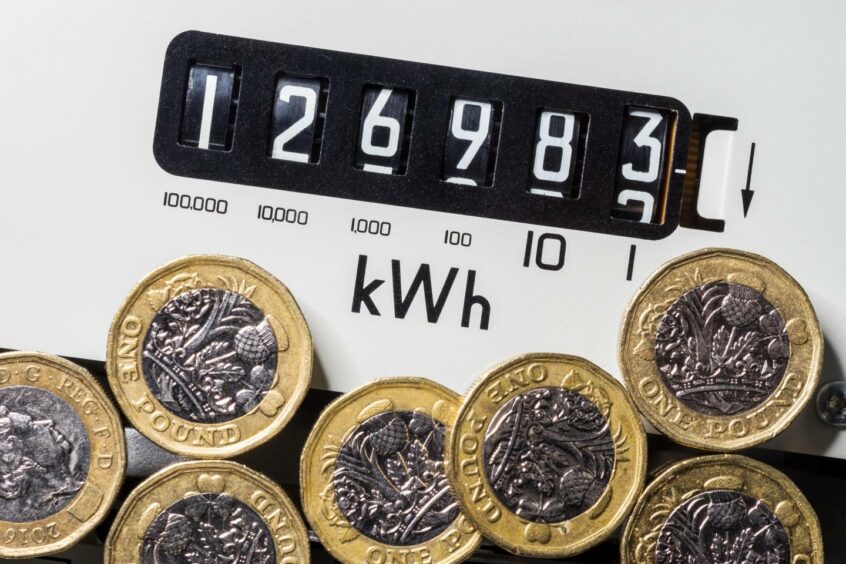
Far from having an energy production, supply and distribution machine that is robust and flexible as claimed, the UK’s is in a mess.
It may even be bordering on decrepit and is certainly being dragged down by companies that prioritise boardroom bonuses and shareholders over customers.
Supplies shambles
That we are in a mess is well illustrated by the appalling gas supplies crisis that has sent prices to domestic and business consumers through the roof, with government lamely mewling that it has been in discussion with suppliers about getting a grip on prices, whilst dodging doing anything that can be described as actually concrete.
Such as axing VAT, though this would in reality be a miserable token gesture that does nothing for those most threatened by rocketing prices.
Such as lining up major gas producers, especially, and ordering them to divert all production to the home market, even if it means breaking supplies contracts to whomever, wherever overseas.
After all, this is freebooting, post-Brexit Britain, is it not? A country that has regained freedoms to do what it likes, when it wants, is it not?
There will be literally millions of Britons struggling to make ends meet in these deeply troubling, galloping inflation-wracked times, and who will be thinking precisely the above.
And wondering why a country that still produces the bulk of its theoretical gas requirements goes on to export a large chunk of that production, and then having to source expensive imports.
Some numbers for you from BEIS, the same government department that sent Shell packing over its original Jackdaw gas field development, though I understand that talks are back on and may succeed this time.
According to BEIS: sales of UKCS-produced gas to foreign buyers between September and November 2021 were double the same period the year before.
Total exports amounted to 31,975 gigawatt hours for the three-month period, compared with 15,380 in 2020 and 19,633 in 2019. One reason why exports are galloping is because no-one, including government, is prepared to invest in gas storage to act as a quasi-strategic reserve pressure relief valve for balancing domestic requirements. So we’re stuffed.
Around half of UK demand was satisfied from the UKCS in 2020.
However, this is a free-market economy. Business has free reign to do what it wants.
Well, not quite. Some have been quick to accuse Big Oil of profiteering.
It currently faces calls for a windfall tax on North Sea production as commodity prices are healthy.
Prior chancellors Geoffrey Howe (Tory) did this in 1980 and Gordon Brown (New Labour) wielded the tax stick in 2005, implementing a £2billion “smash and grab”, including a surcharge.
Trade association Offshore Energies UK (formerly Oil & Gas UK) has pointed out the Treasury is already looking forward to an extra £3.5 billion in taxes from the sector during the two years from last April, as a result of higher oil and gas prices.
But the pressure on Chancellor Rishi Sunak can only grow. We are experiencing a global hydrocarbons supplies crisis and it’s not about to ease tomorrow.
Knackered wires
The other aspect I want to touch on is the state of the UK’s power distribution networks, which have suffered severe damage as a result of just two storms in what has otherwise been a relatively benign winter.
OK, Storm Arwen attacked us with hurricane-force winds at peak. It was a heavy-duty beast and it knocked out much of SSEN’s network in Scotland.
Well. Yes, infrastructure can and does fail in such events.
But the most shocking aspect of the SSEN network failures, including where I live on the Aberdeenshire coast just north of Aberdeen is not the failures per se, but the incredible length of time taken to get everything back up and running. Over a week for far too many homes and businesses.
As I write this, Storm Malik has sliced its way through Eastern Scotland and NE England. Once again there were massive power cuts, with 19,000 Scottish households blacked out.
What angers me is the village where I live was knocked out both by Arwen and Malik. My daughter who lives elsewhere suffered the same fate. That and the staggering amount of damage inflicted to the wires network by trees because SSEN had for too long neglected basic wayleave husbandry by keeping trees in check. And so-on.
As the Great Energy Transition proceeds apace across the British Isles over the current decade and beyond, there is a very serious need for energy companies and government to get their respective and collective acts together and fast.
Recommended for you
